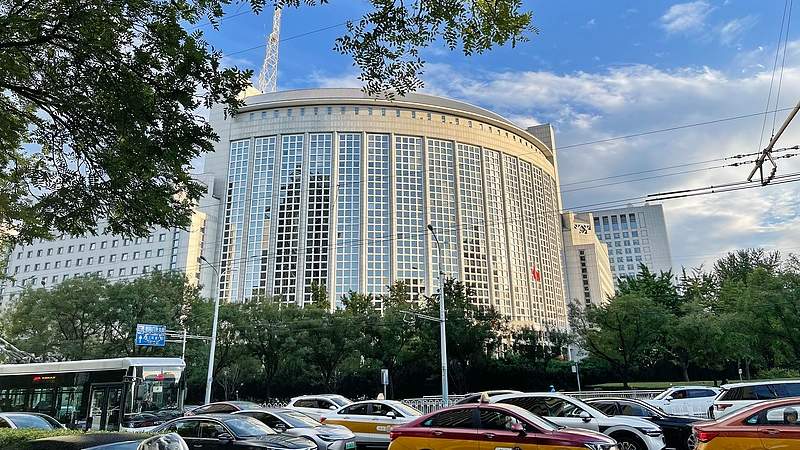At a regular news briefing on Tuesday, Chinese Foreign Ministry spokesperson Guo Jiakun condemned recent US visa restrictions targeting citizens and families of Central American nations cooperating with the Communist Party of China or undermining the rule of law in the region.
He described the measures as a form of political and economic coercion that violates sovereign equality and disrupts the international order. By prioritizing domestic laws over international obligations, the United States is undermining the legitimate rights and interests of other nations, he added.
"Weaponizing visas will not scare off the sober-minded, nor will it hold back the flourishing ties between China and Central American countries," Guo said, underlining China's commitment to deepening partnerships in the region.
Why It Matters
These comments come after Washington announced visa curbs on individuals from countries including Guatemala, Honduras, El Salvador and others, accusing them of actions that undermine the rule of law in Central America. China has lodged solemn representations against the US move, framing it as an abuse of unilateral sanctions.
For businesses and tech entrepreneurs, stable China–Central America relations mean continued cooperation in infrastructure, digital trade and sustainable development projects. Thought leaders see the dispute as a test case for international norms on sovereignty and non-interference. And for young global citizens, it highlights the growing role of diplomatic tools—like visas—in broader geopolitical contests.
Looking Ahead
China says it will continue working with its Central American partners to promote development, revitalization and to build a China–Latin America community with a shared future. As both sides navigate rising US–China competition, observers will be watching how visa policies shape trade, investment and cultural exchange in the months to come.
Reference(s):
China says U.S. visa curbs won't hold back ties with Central America
cgtn.com




